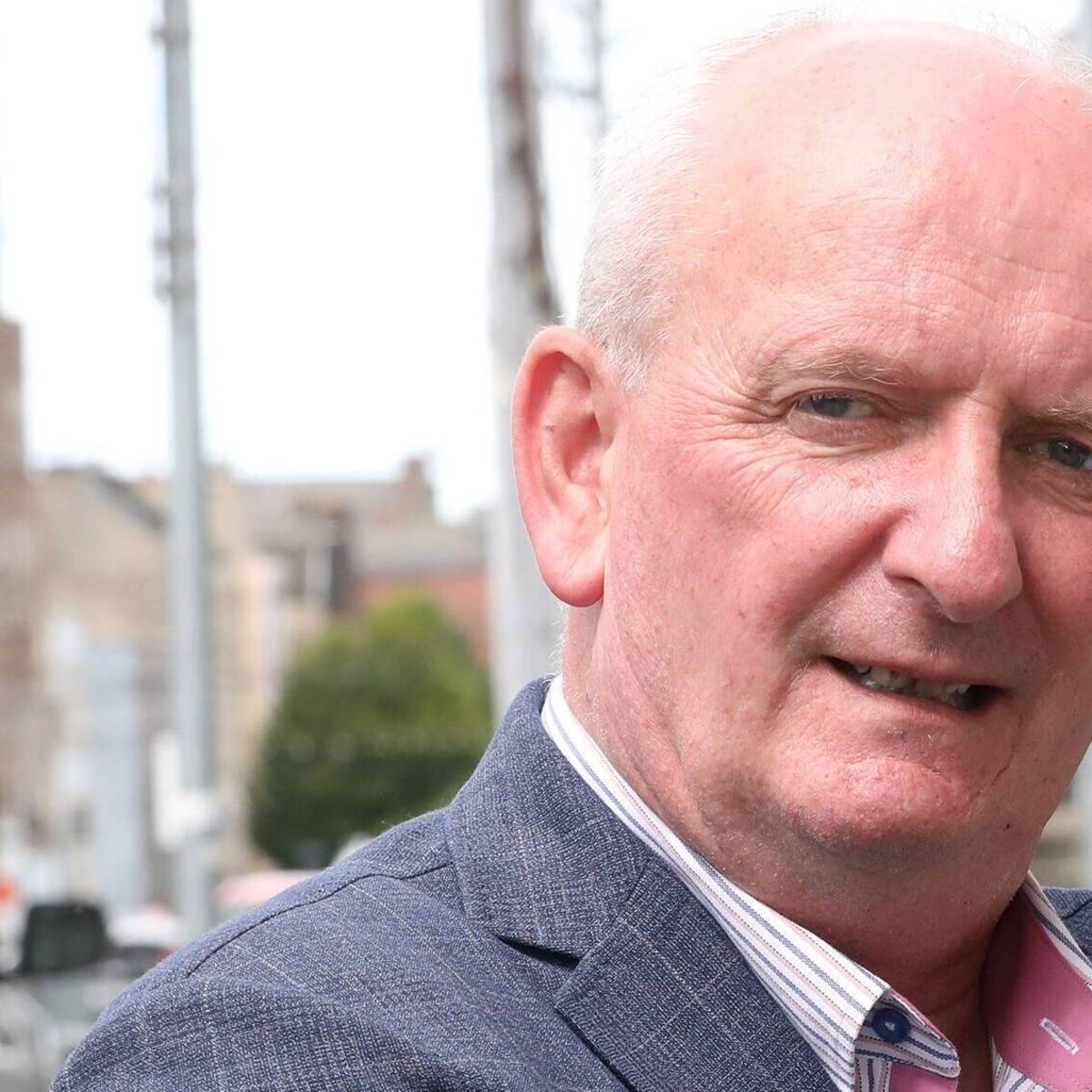By Irishexaminer.com Niamh Griffin Health Correspondent
It is given by the National Treatment Purchase Fund (NTPF) to hospitals for reducing waiting lists. However questions have arisen over how this is used, including at Children’s Health Ireland.
HSE CEO Bernard Gloster said he now expects this funding will be eased out by June 30 next year. He told the committee he asked about the impact of ceasing these payments overnight.
“The system came back to me and said ‘if we were to do that in the way you’ve asked right now, these are the following services that will collapse today,’” he said.
He expanded on how enmeshed the top-up funding is in the HSE in response to Senator Teresa Costello.
“There’s only one way you can change the culture of dependency on insourcing and that’s to end it, that’s it, there’s no other way to do it,” he said. “You have to end it sensibly and over time.”
Staff, he stressed, only did what they were asked as until recently there were few questions asked. He acknowledged this is a failure of governance.
Answering questions from Fianna Fáil TD Padraig O’Sullivan, he accepted extra clinics funded by the NTPF offer attractive pay rates to staff involved.
“In the level of the scale of it, I think we took our eye off the ball,” the CEO said.
It is very difficult to ask a nurse or anyone else to do ordinary overtime on a Saturday when the possibility now exists that in a different construct, they can get paid much more significantly.
The report shows the HSE is giving notice they will not renew or enter in contracts with external providers of insourcing care. Any agreements between now and June need to be approved item by item by hospital CEOs.
The report warns of potential impacts including conflicts of interest, non-compliance with HSE procurement rules and risk of abuse or fraud among other issues.
Out of 950 companies involved, the bulk is done by 50 larger companies, HSE CFO Stephen Mulvany, told Sinn Féin health spokesman David Cullinane.
Some 534 work in hospitals, other clinics mentioned included offering Assessment of Need in the disability sector.
‘Perverse incentives’
Mr Cullinane asked about “perverse incentives” and links between the HSE and these external companies.
Analysis of directors in 148 companies found 83 staff with links to the HSE or health bodies funded by the HSE under Section 38 arrangements, including some serving staff, Mr Gloster explained.
NTPF CEO Fiona Brady defended its oversight processes. She said she is not aware of problems identified by Beaumont Hospital being replicated in other hospitals. A HSE internal audit team has been examining that issue since April, she confirmed to Labour health spokeswoman Marie Sherlock.
Mr Gloster also said in the case of University Hospital Limerick (UHL), insourcing funding has helped patients.
He told Senator Maria Byrne: “The weighted average (waiting) time in UHL is below the national average, which is a really significant achievement – because it is the time people are waiting. And you can say ok there was in-sourcing involved in that but at least there was a return.”
Regional executive director for the HSE Midwest, Sandra Broderick, said they have made funding requests to hire more specialist consultants to address these waiting lists internally.
